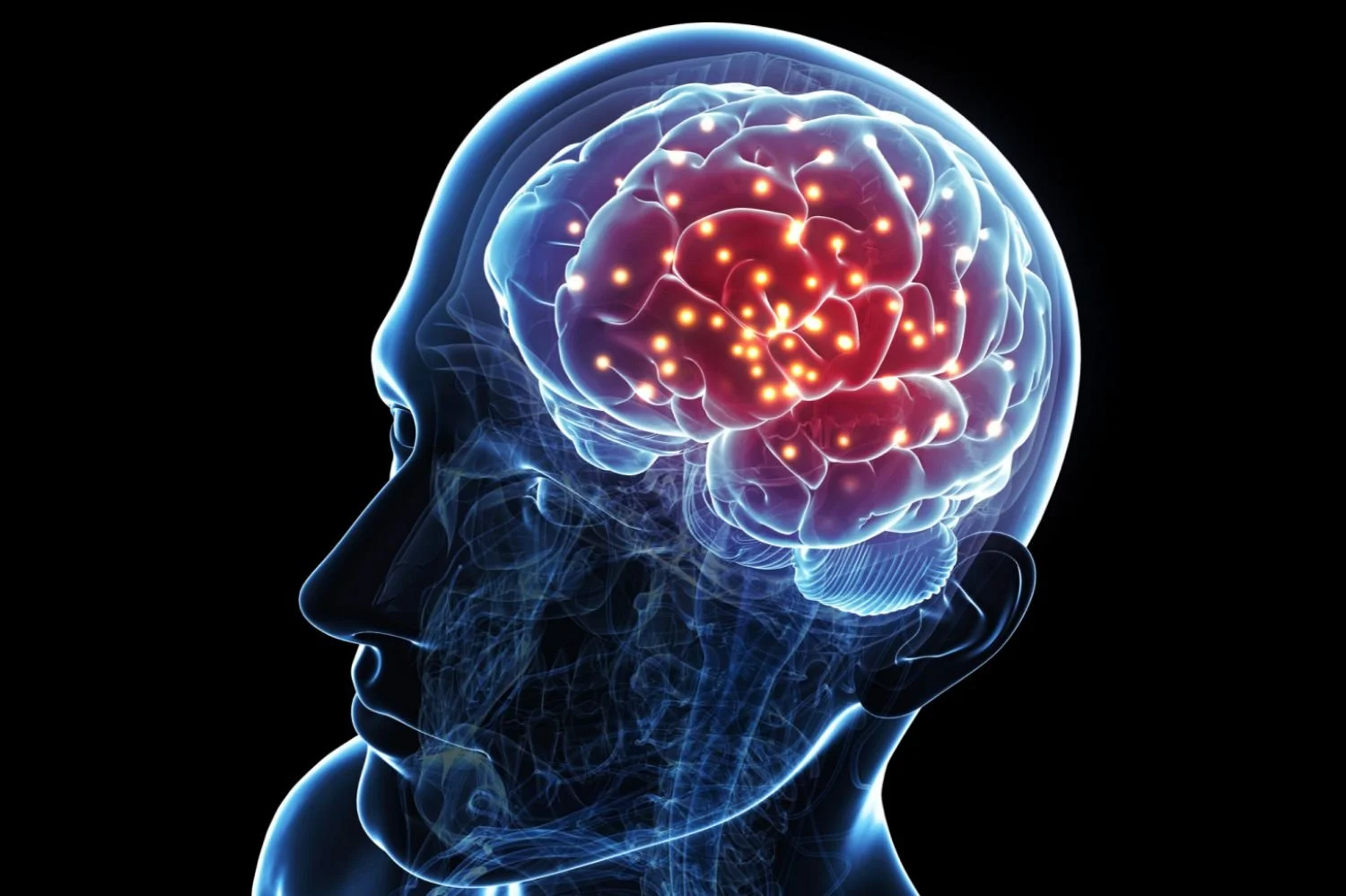Patient Information
Initial Evaluation and Eligibility for Ketamine Treatment
You will be referred by your provider for an evaluation with a healthcare professional who will perform a comprehensive history and physical examination to determine if ketamine therapy is appropriate for you.
During this consultation:
· Your medical and psychiatric history will be reviewed to ensure that ketamine treatment is safe and suitable for your condition.
· The potential risks and benefits of ketamine therapy will be discussed in detail.
· You are encouraged to ask any questions you may have to ensure you fully understand the treatment and feel confident in your care plan.
Who Should Not Receive Ketamine Therapy
Ketamine treatment may not be appropriate for patients with the following conditions:
· History of schizophrenia or psychotic disorders
· Active substance or alcohol use
· Uncontrolled high blood pressure
· History of brain aneurysm
· Currently pregnant or breastfeeding
Your safety is our top priority, and all decisions regarding treatment will be made based on clinical judgment and individual health needs.
Preparing to Start Treatment
Journaling Before and During Ketamine Treatment
Beginning one week prior to your first ketamine session, we encourage you to journal your thoughts and emotions daily. This practice serves several important purposes:
Helps you explore your inner thoughts and emotions in a safe, private space
Promotes self-awareness and emotional clarity, which can enhance your treatment experience
Prepares your mind to be more open and receptive during ketamine sessions
Provides a personal record of your emotional progress and insights throughout the treatment process
Journaling is a valuable tool not just before treatment, but also between sessions and after your treatment course is complete. Continued journaling can help reinforce the benefits of therapy and provide ongoing emotional support.
There is no “right” way to journal—you can write freely, draw, list emotions, or use prompts. The key is to be honest and open with yourself.
Treatment Day Information
Get a Good Night’s Rest
Ensure you are well-rested before your treatment.
Take Your Usual Medications
Continue your regular medications unless directed otherwise by your provider.
Avoid the following on the day of treatment:
Sedatives
Stimulants
Benzodiazepines
Narcotic pain medications
Fasting Guidelines
Do not eat or drink anything for at least 2 hours before your treatment.
You may take your medications with a small sip of water.
Prepare Your Mind
Avoid watching or listening to anything sad, violent, or distressing before or during treatment.
Arrive in a calm, relaxed state to help your mind fully benefit from the Ketamine experience.
Dress Comfortably
Wear loose, comfortable clothing to help you relax during your session.
Items to bring: neck pillow, eye mask, blanket, anything comforting, head phones
You must have a ride home—do not drive or operate heavy machinery.
Avoid making major life decisions the rest of the day.
Plan to rest and care for yourself after treatment.
Required Testing Before Treatment
Urine drug screen will be performed before your first session.
Urine pregnancy test required for applicable patients before starting treatment
What to Expect During Your Ketamine Treatment
During your ketamine treatment, you may experience some side effects. These are usually temporary and often resolve by the end of the treatment session or during the observation period afterward. Our medical team will monitor you closely and address any symptoms that arise.
Common Side Effects May Include:
· Nausea and/or vomiting
· Dizziness or lightheadedness
· Visual changes (blurred or altered vision)
· Fatigue or drowsiness
· Headache
· Mood changes (e.g., anxiety, euphoria, emotional sensitivity)
· Elevated blood pressure or heart rate
Rare Side Effects May Include:
· Increased muscle tone or stiffness
· Hallucinations
· Dissociation (feeling detached from your body or surroundings)
· Confusion
· Laryngospasm (temporary tightening of the vocal cords, very rare)
These symptoms are typically short-lived and managed during treatment. You will remain under supervision throughout the infusion and during the observation period following your session to ensure your safety and comfort.
If you have concerns about any of these side effects, please don't hesitate to speak with your provider before treatment begins.
Post-Ketamine Treatment Guidelines
Ketamine may temporarily impair your thinking, judgment, coordination, and reaction time. For your safety, please avoid the following activities for at least 24 hours after your infusion:
Avoid the Following:
Driving or operating heavy machinery
Drinking alcohol
Signing legal documents
Performing tasks that require alertness or focus
Strenuous physical activity (e.g., heavy lifting, intense exercise)
Making major life decisions
Recreational drug use
You May Continue:
Your usual home medications (unless instructed otherwise by your provider)
Your normal diet
Light activities, such as walking, reading, or relaxing at home
Please plan to rest and care for yourself after your treatment. If you experience any symptoms that concern you after your infusion, contact your healthcare provider promptly.
Questions and Concerns
- If you have questions or concerns, contact the provider at Revitalize L.L.C. at 515-822-6384
- If case of life-threatening emergency, call 911
- In case of increased suicidal thoughts please call mobile crisis by calling 911
- National Suicide Prevention Lifeline: 1-800-273-TALK


